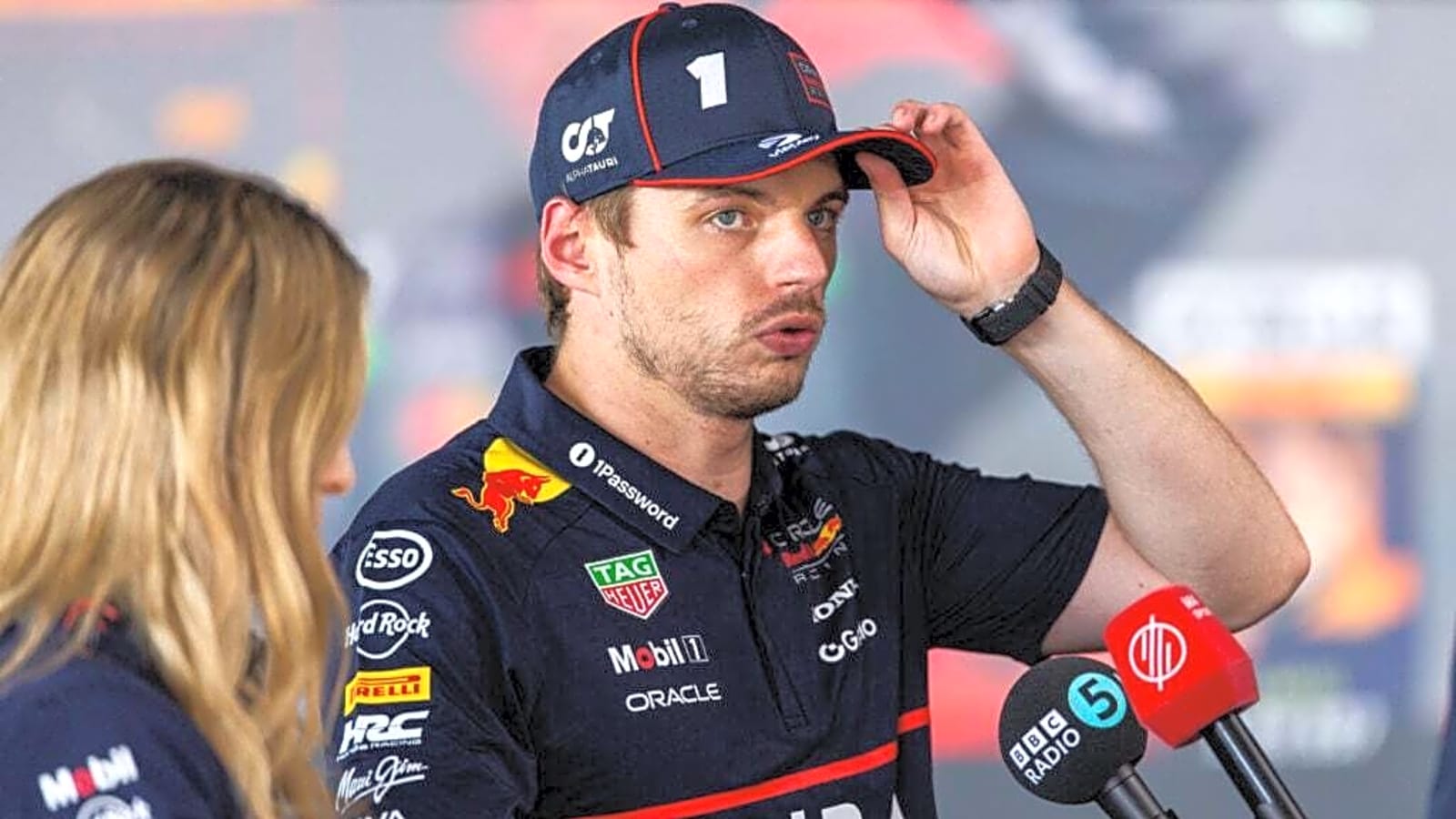
The 2026 Formula 1 season will bring a host of regulation changes aimed at making the championship more nimble and sustainable, but Red Bull are already facing issues with one aspect of the new rules.
The updated regulations include changes to aerodynamics and a new power unit design that features increased battery power and a shift to fully sustainable fuels.
Car development is already in progress, but reports suggest that none of the current drivers are pleased with how the new cars handle in simulator testing so far.
While early-stage dissatisfaction isn’t unusual during development, there have also been reports about underwhelming performance from the Red Bull Powertrains engine. This has only added to speculation that Max Verstappen could consider leaving before the season even begins.
Concerns raised over Red Bull powertrains’ new engine

There has been speculation that Christian Horner’s departure from Red Bull was linked to his involvement in the development of the new engine, but there isn’t much to support that theory.
In a Q&A for The Race, journalist Edd Straw shared his perspective on the situation, stating: “I don’t see any indication it’s a direct consequence of that.
“I do think it’s part of the tapestry because I suspect Verstappen’s concerns relating to the power unit do exist and might be part of the agitation on that side.
“I don’t think it’s a question of ‘next year is looking bad, we better change the team boss’ because one, I think there’s a lot more going on, and two, I don’t think that would be a logical reaction to do it.
“But, there are legitimate concerns about how competitive that power unit will be.”
Red Bull will be hoping they can improve their performance before next season begins, as they look to avoid being caught out by the new regulations again.
Red Bull risk falling behind if 2026 F1 changes aren’t handled properly
Red Bull know better than most what can happen when new engine rules are not met with the right preparation.
After winning four consecutive world titles from 2010 to 2013, the team struggled in the early years of the turbo-hybrid era. Their Renault-powered cars dropped them to fourth in the constructors’ standings by 2015.
Mercedes, who had started working on their engines more than three years ahead of time, used that head start to dominate the sport, winning eight straight constructors’ championships.
By 2015, all four teams using Mercedes’ V6 hybrid power units finished within the top six of the standings. That included Lotus, who had switched from Renault to Mercedes engines at the start of that year.
The upcoming season will be a first for Red Bull Powertrains as they handle engine development internally. In previous years, they relied on a supply deal with Honda.
From next year, RBPT will rebrand as Red Bull Ford Powertrains. The new partnership brings Ford back into Formula One for the first time since their involvement with Jaguar-Cosworth ended in 2004.
More must-reads:
- First-round draft pick Jahdae Barron finally inks rookie deal with Broncos
- LeBron James' agent warns NBA media about his retirement
- The 'MLB Home Run Derby champions' quiz
Breaking News
Trending News
Customize Your Newsletter
 +
+
Get the latest news and rumors, customized to your favorite sports and teams. Emailed daily. Always free!








